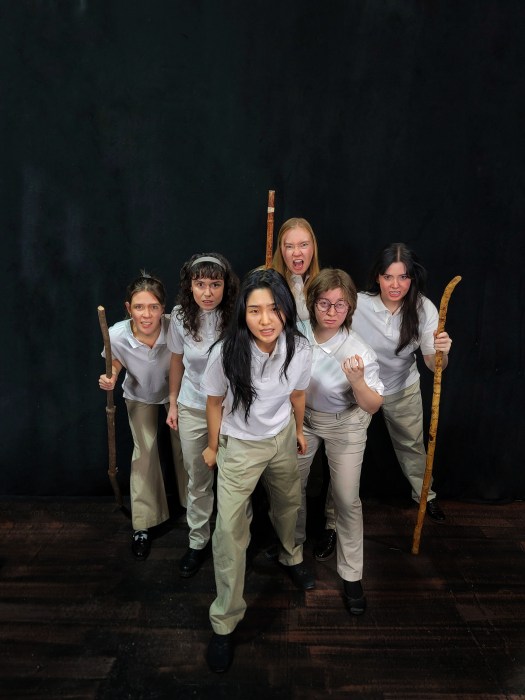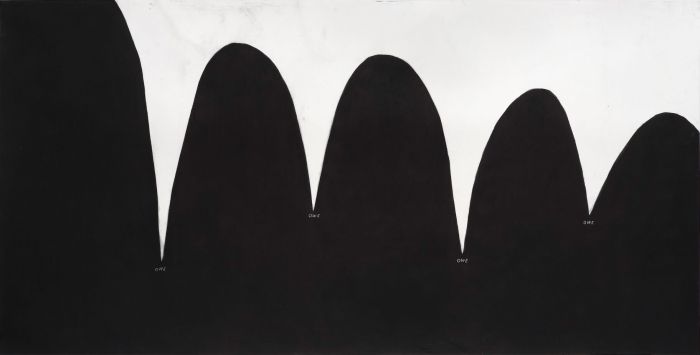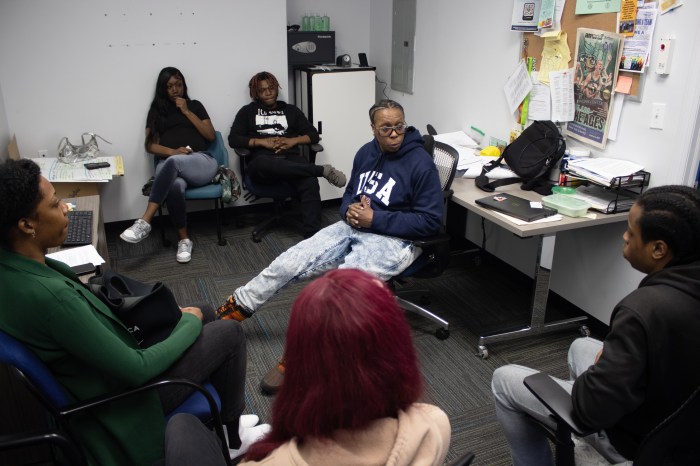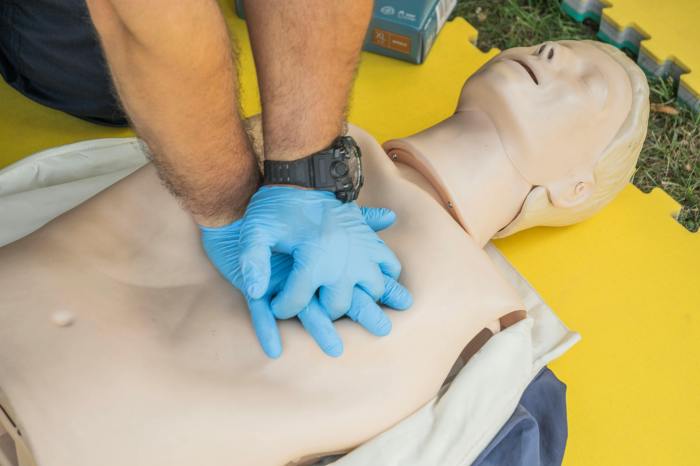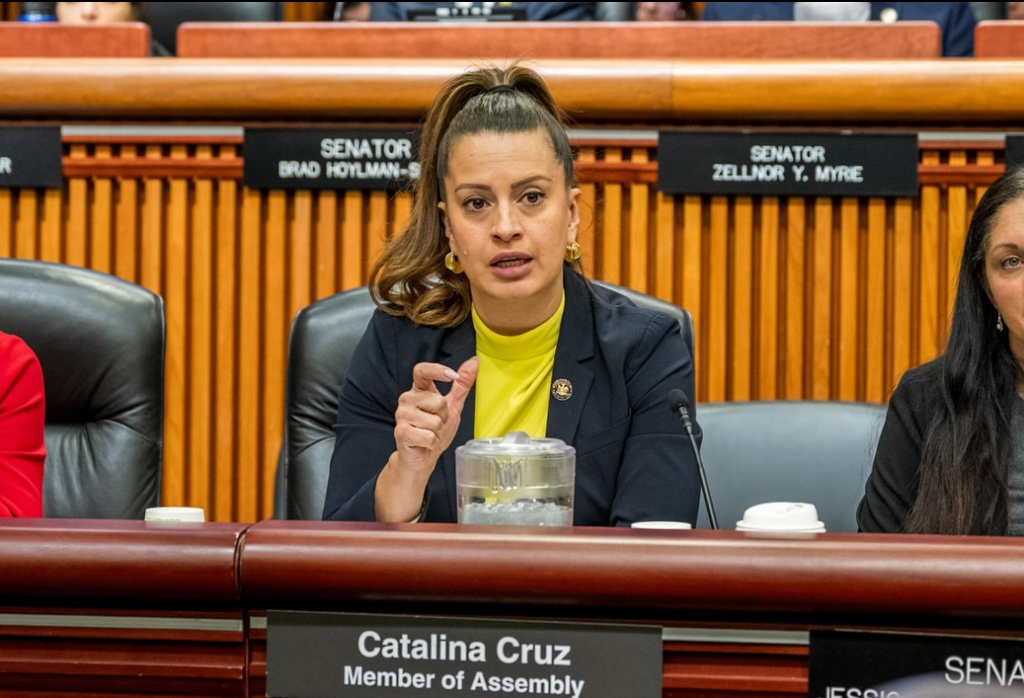SAN JUAN, Puerto Rico (AP) — A fiery debate over public health and personal rights gripped Puerto Rico this week, intensifying Wednesday when legislators clashed with medical experts.
The debate began earlier this month after the administrator of Puerto Rico’s House of Representatives announced the mandatory use of face masks, following various COVID-19 cases reported in the seaside Capitol building.
One conservative legislator, Lisie Burgos, refused to wear a mask and was removed from a hearing last week, prompting her to file a lawsuit on Monday that has yet to be resolved. Later that day a judge ordered that, in the meantime, the island’s House of Representatives should not “prohibit, prevent or interfere” with Burgos’ right to attend meetings.
Many were outraged by the ruling, noting that the island of 3.2 million people is reporting some 1,100 COVID-19 cases a day, with nearly 25% of tests returning a positive result. Last November, Puerto Rico’s government also declared a flu epidemic.
Hours after the judge’s ruling on Monday, the president of the House of Representatives declared a state of emergency and announced that all sessions would be held virtually until the end of February.
Puerto Rico’s Senate has said it is not considering similar measures.
As representatives gathered behind their computer screens this week, they tackled a proposed bill that would eliminate vaccine requirements for schoolchildren younger than 5, a proposal that further enflamed the ongoing health debate.
On Wednesday, medical experts condemned the bill.
“This bill, in essence, inserts the state into an anti-science, ideological current that has been gaining followers in what has been described as a new age of obscurantism,” said Dr. Carlos Díaz Vélez, president of Puerto Rico’s Association of Surgeons.
Other doctors testified about the safety and need for vaccines. Waleska Crespo, president of an association of private high schools and universities, echoed their concerns.
“It’s the government that mainly has to protect the fundamental right to health,” she said.
The bill was submitted by Burgos, member of a small conservative party, and four other legislators who represent Puerto Rico’s two biggest political parties. They argue that parents or legal guardians who do not believe in vaccination for religious purposes or other reasons should be exempt.
Backing the bill was Carlos Pérez Toro, a Catholic priest, who spoke at Wednesday’s hearing.
“The lack of informing parents, so they are the ones who ultimately decide what is best for the health of their children, led to government decisions on forced vaccination that were often not based on the need to protect the school community from contagious diseases,” he said.
The hearings over the bill are ongoing, with several legislators vowing to fight its approval as well as the pending lawsuit filed by Burgos rejecting the face mask requirement.






